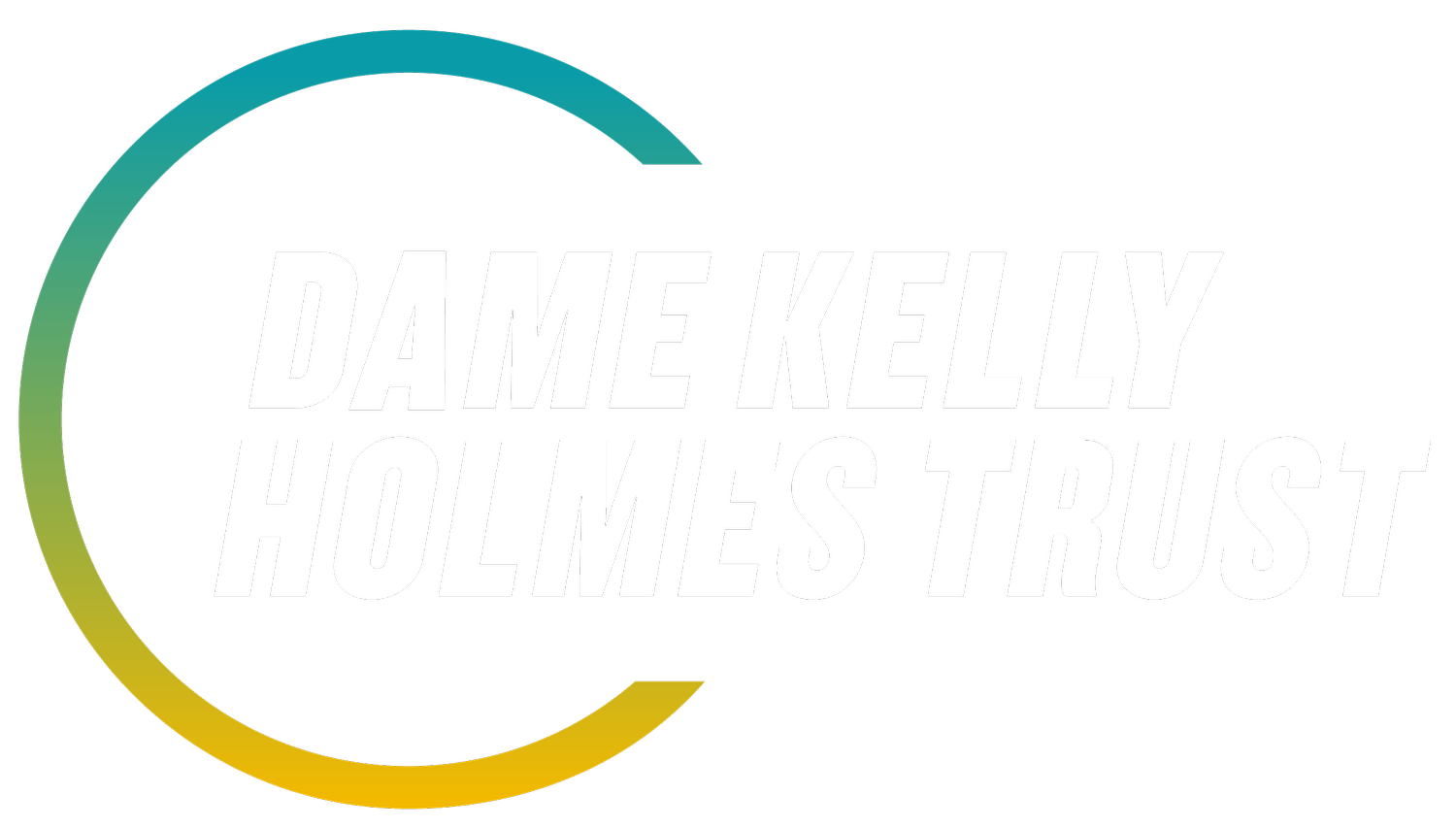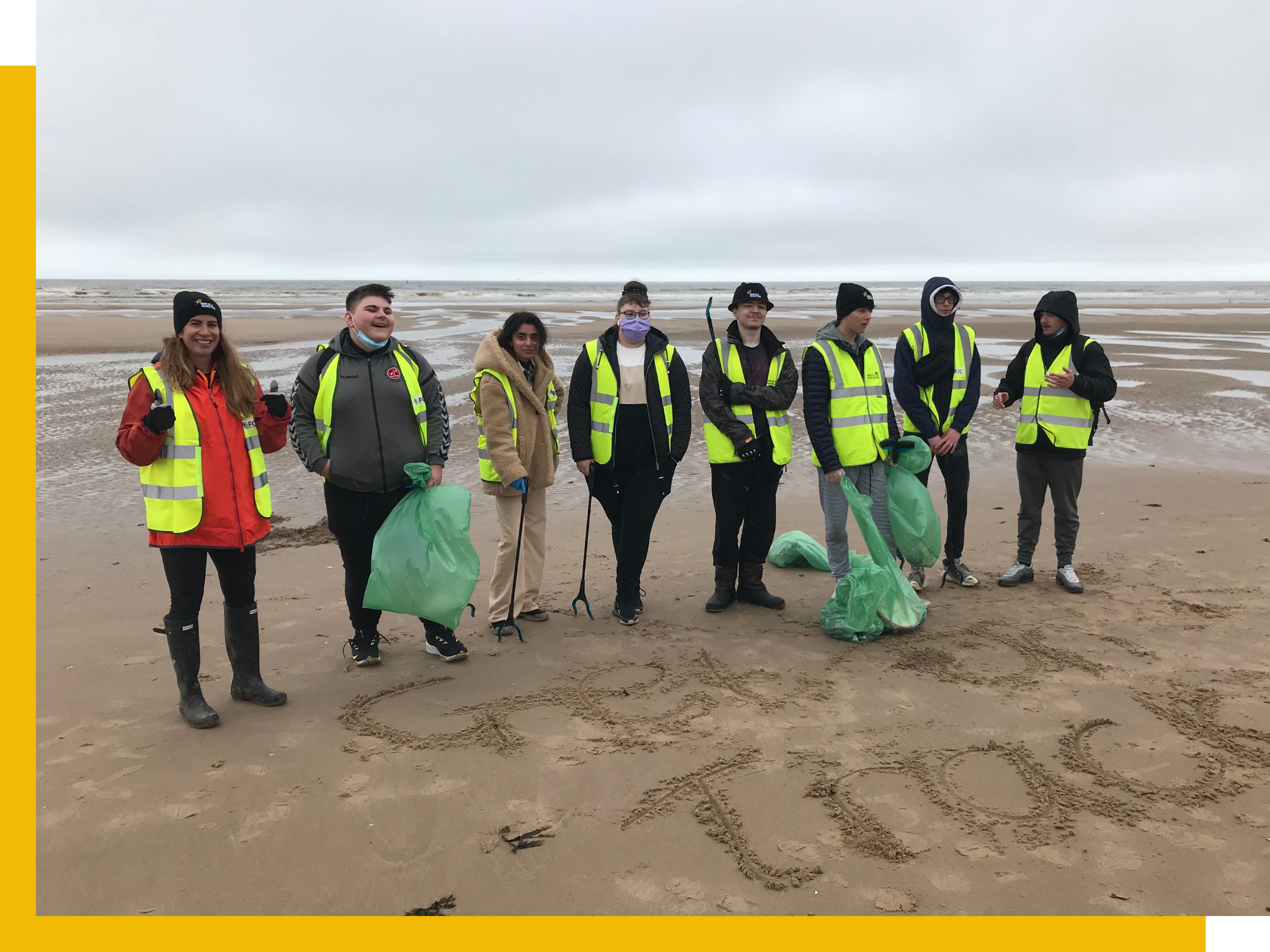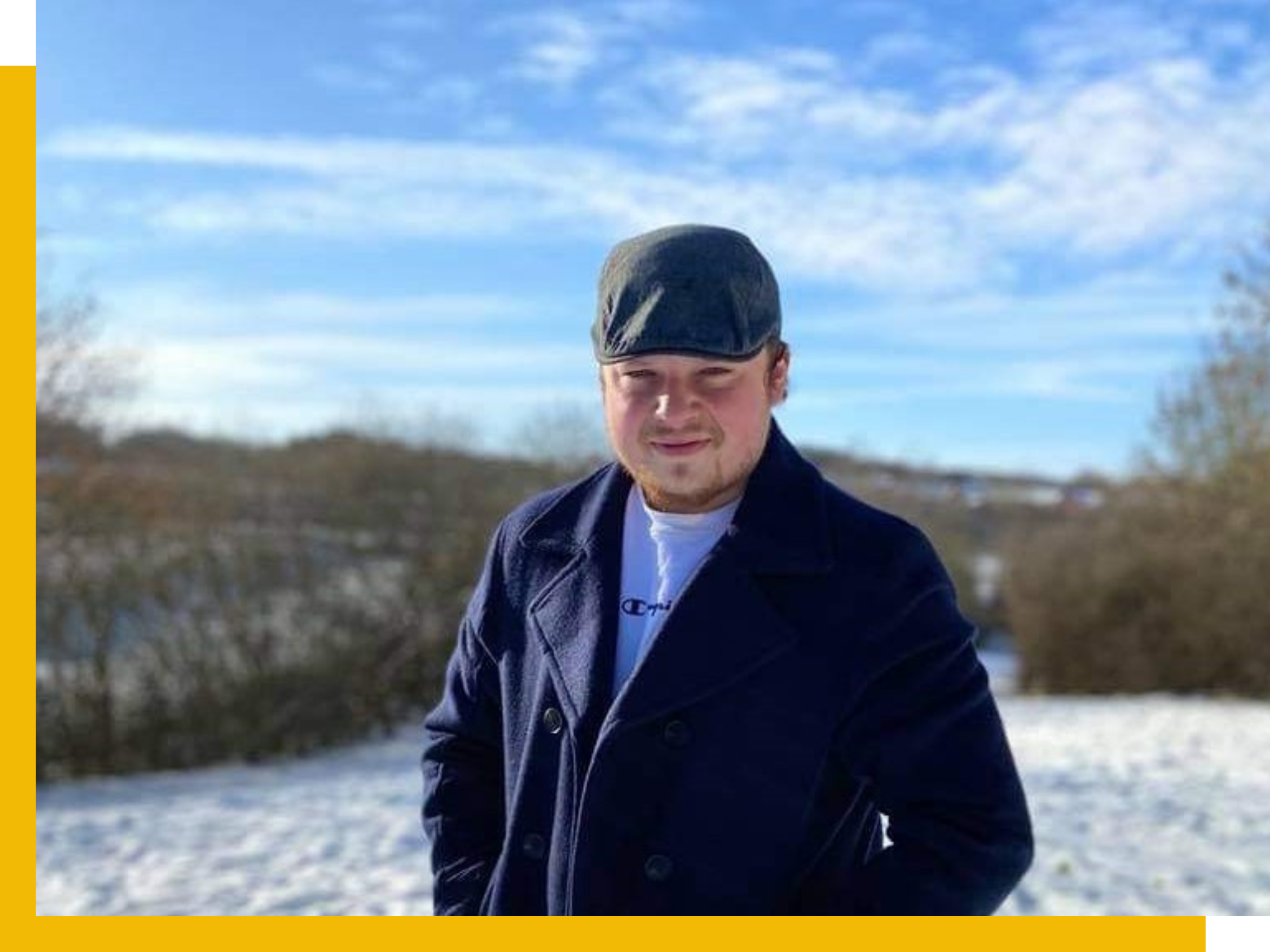Mental wellbeing improves on Get on Track
It’s Mental Health Awareness Week this week, and we believe it is more important than ever to provide support for the young people we work with in maintaining good mental health.
The pandemic has highlighted social inequalities, with those from more disadvantaged backgrounds being hit harder by its effects. Across the board huge numbers have missed out on attending school, starting new jobs or enjoying freedoms that come with becoming a young adult. Recent research shared by the Prince’s Trust reported that 50% of young people said their mental health had worsened since the start of the pandemic and more than 2 in 5 young people feel they will never recover from the emotional effects of the pandemic.
Our wellbeing programmes are designed to increase confidence, resilience and self-esteem; helping the young people we work with to build healthy relationships, and understand the intrinsic link between physical and mental wellness. Delivered by Trust athlete mentors, who we train up to use their unique experience, skills and mindset from the world of elite sport to act as positive role models, we support young people to achieve their potential.
A primary aim of our Sport England funded Get on Track for Wellbeing programme was to get young people in coastal communities around England more physically active - one of the five Ways to Wellbeing and highlighted this Mental Health Awareness Week as a coping technique to combat feelings of loneliness - with 73% of participants doing 30 minutes or more activity a week. We also know that when given the opportunity to work with world class athletes on a programme such as this, young people will see improvements in their mental wellbeing as well as their physical health.
Across Trust programmes, we use the nationally recognised Short Warwick–Edinburgh Mental Wellbeing Scale (SWEMWBS) to measure the programmes’impact consistently and in a way that can be externally validated. We were pleased that across the 700+ young people who attended the Get on Track for Wellbeing programme, mental wellbeing increased by 8%, a figure that went up to 11% for female participants. An 8% rise in the SWEMWBS score reflects a increase from 20.6 up to 22.3 over the course of the programme. This 1.7 point improvement is considered to be a statistically important change and brings the participants closer to the national average of 23.5, which given the challenges they have faced, is really positive.
For many people, doing consistent physical activity can help improve mental health. According to Mind, doing physical activity can help with better sleep, happier moods and help to manage stress and anxiety. Additionally, they say, being active can lead to improved self-esteem, reduce the risk of depression and help you to connect with likeminded people. Get on Track for Wellbeing brings young people together in a supportive environment and gives them the opportunity to work with an athlete mentor and create and deliver meaningful social action within their local community. While statistics tell part of the story, the young people’s own words demonstrate the greatest impact.
Myles worked with athlete mentors Paul Broadbent and James Kirton
Before I started the programme, I really didn’t want to have a life, I was vulnerable, and I was self-harming. I have borderline personality disorder and also an eating disorder. I’ve found exercise really helps to manage my frustrations. I have a punchbag at home and working out on that has been really good as has been doing more walking. Over the last year this programme really gave me something to look forward to, I’ve learned new things and it’s given me a purpose in life.
Connor worked with athlete mentor Kelvin Batey on Get on Track
When I first came on the programme, I didn’t have a camera, I didn’t talk much and I didn’t really contribute. As the sessions went on though I became more comfortable and when my athlete mentor Kelvin shared his story, I recognised things about myself in that and it opened my eyes a bit. I’d got myself into a place where I thought bad things always happened to me, but listening to Kelvin, it made me realise other people have problems too and if they can overcome them, then so can I.
Leah worked with athlete mentor Hannah Beharry.
It was great to hear my athlete mentor Hannah's story at the start, firstly it was great to hear from a professional boxer and there were some parts of her story that I could really identify with, such as family background... For the first time I could see someone in front of me who had done all of these things and look where they are now. I thought that if she can do it then I realised that anybody can.I have quite bad social anxiety so working in a group and learning how to talk to people I hadn’t met before was a really important skill that I learned. Also, speaking in front of a group of people when presenting our social action project was a really big thing for me.
Thanks to funding from Sport England, the Trust worked with more than 700 young people in coastal communities all across England to help them become more physically active and improve their mental wellbeing.





